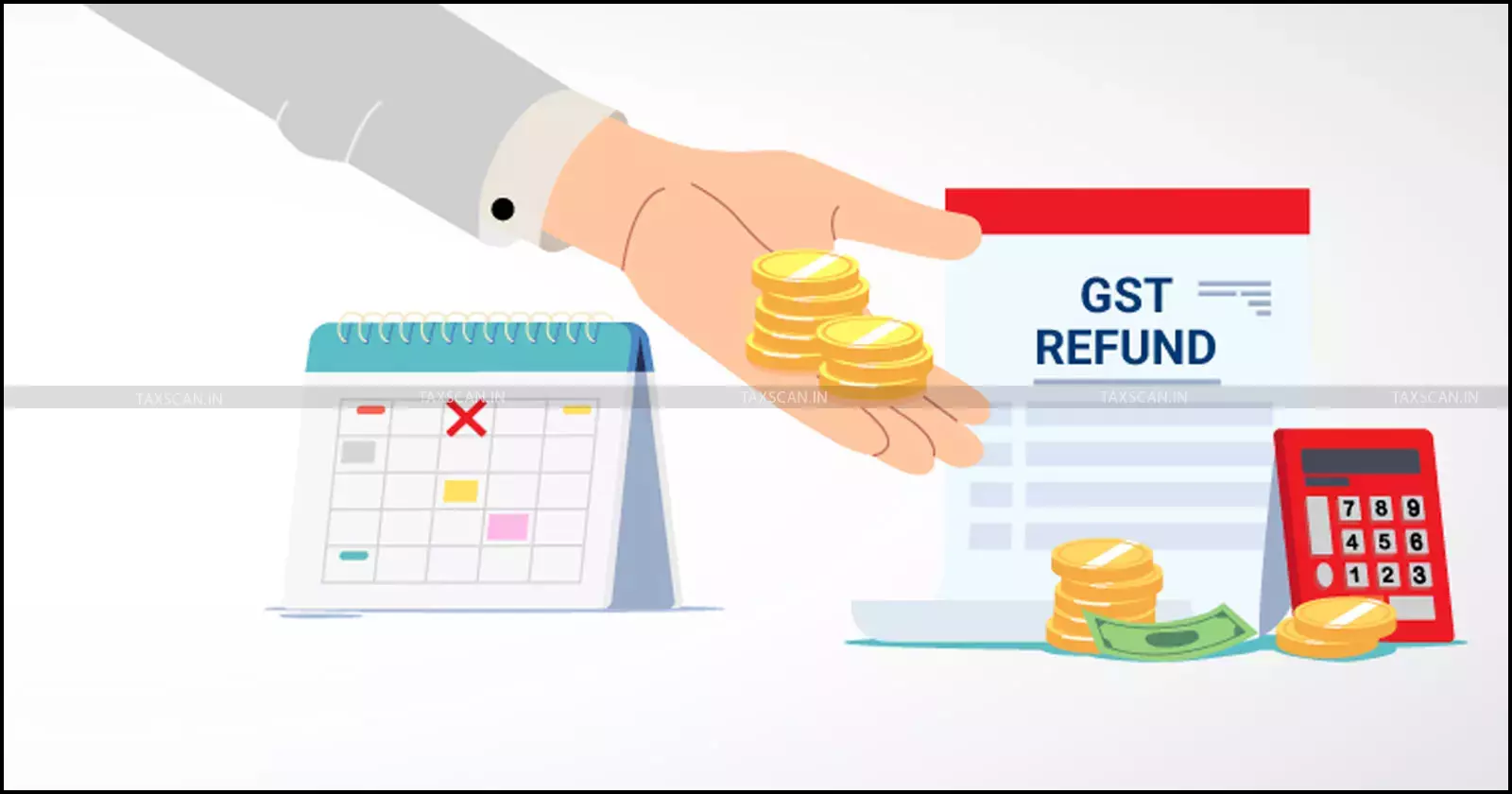GST Refunds to Be Fast-Tracked for Firms Facing Inverted Duty Issues: CBIC Chairman Assures
CBIC Chairman Sanjay Kumar Agarwal said GST reforms will fast-track refunds for firms hit by inverted duty, cut litigation, and make the tax system simpler and more stable

Businesses in India may soon experience a smoother tax environment with reforms aimed at making the Goods and Services Tax (GST) simpler and more stable. Sanjay Kumar Agarwal, Chairman of the Central Board of Indirect Taxes and Customs (CBIC), said in an interview with Business Today that the reforms will help reduce litigation, improve transparency, and ensure faster refunds.
One of the major concerns for companies has been the inverted duty structure, where taxes on inputs are higher than those on finished products. This creates unused Input Tax Credit (ITC) and locks up working capital. Agarwal said that under the new reforms, refunds will be processed faster for firms with a good compliance record. “Wherever there is inverted duty structure or there is accumulation of credit due to that, they can claim the refund. In the process reforms cleared by the Council, there is also a provision for fast-tracking refunds provided they have good credentials as per our data analytics,” he explained.
On GST rate cuts, Agarwal said the CBIC is closely tracking prices to make sure benefits are passed on to consumers. “We are keeping a watch on price trends, and if we find that industry is not passing on the benefits, we will take it up with the industry bodies,” he said.
When asked about the impact of rate cuts on government revenues, he said that the estimated fiscal implication of Rs 48,000 crore is only a calculation based on earlier consumption patterns. Since rates have changed for both inputs and finished goods, the actual impact is hard to predict. He pointed out that revenues may dip in the early months due to existing inventories on which taxes have already been paid at higher rates, but collections are expected to pick up later.
On states’ concerns over revenue losses, Agarwal said there was no question of compensation because both the Centre and states were equally affected. GST revenue is shared equally, with 50 percent going to states and out of the Centre’s share, 41 percent devolved again to states. “If states or analysts are saying that they will be impacted more, they are taking into consideration the devolution of funds through Finance Commission. But otherwise, the hit is same for both the Centre and states,” he said.
He also explained that India was losing its edge as an investment destination because of GST complexities and frequent disputes. Multiple tax rates had caused classification issues, leading to a flood of notices for businesses. The restructuring of rates, according to him, removes ambiguity and provides certainty to businesses about their tax liabilities. “Businesses want a simple, stable and transparent tax system for investing in a country,” Agarwal observed.
On the question of what happens to existing inventories after rate changes, he clarified that businesses had already paid tax and taken credit on them. That credit will be adjusted over time, and going forward they will pay tax in cash on value addition.
The Chairman assured that the CBIC’s focus is on creating a tax system that is predictable, fair, and easier for businesses. The combination of simpler rate structures, fast-tracked refunds, and stronger monitoring to ensure benefits reach consumers is expected to give both domestic and global investors greater confidence in India’s GST regime.
Support our journalism by subscribing to Taxscan premium. Follow us on Telegram for quick updates


